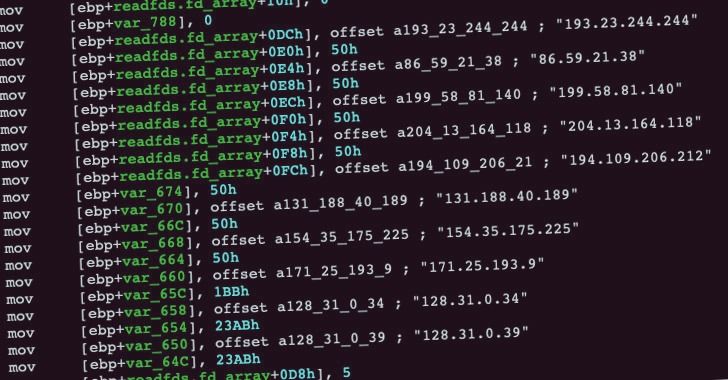Microsoft denies that hackers pivoted to production systems and abused its software to attack customers.
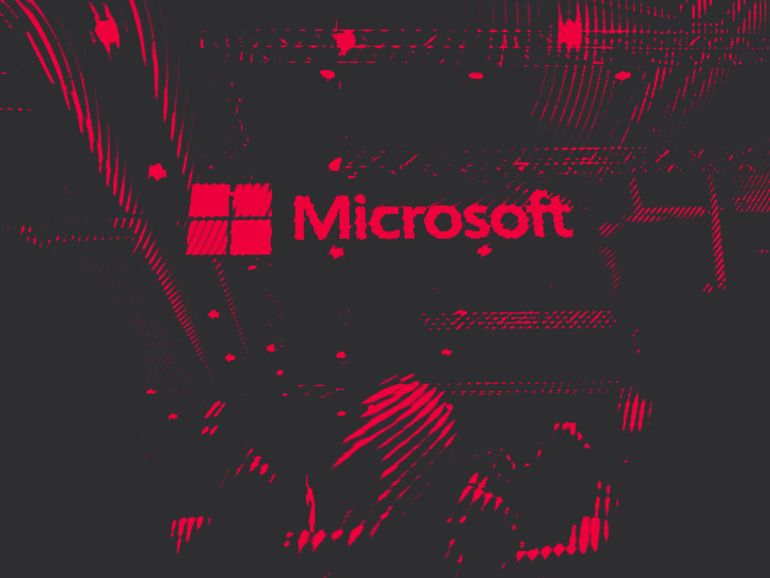

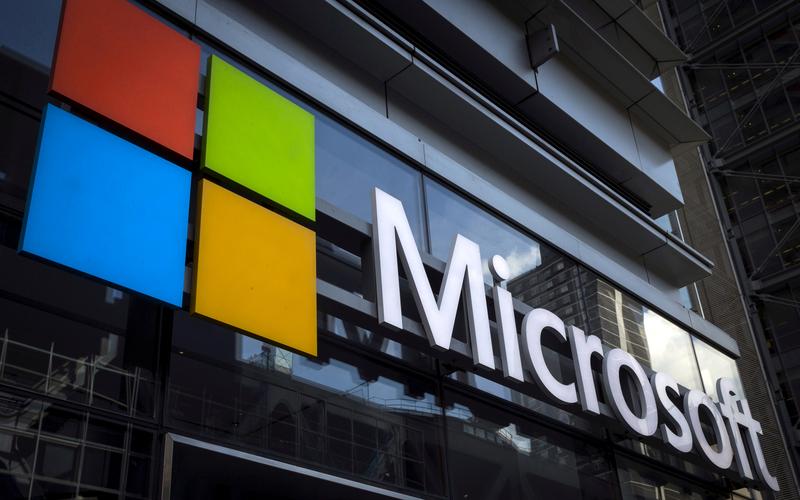
SAN FRANCISCO (Reuters)-Microsoft Corp said on Thursday it found malicious software in its systems related to a massive hacking campaign disclosed by U.S. officials this week, adding a top technology target to a growing list of attacked government agencies.
The Redmond, Washington company is a user of Orion, the widely deployed networking management software from SolarWinds Corp which was used in the suspected Russian attacks on vital U.S. agencies and others.
Microsoft also had its own products leveraged to attack victims, said people familiar with the matter. The U.S. National Security Agency issued a rare “cybersecurity advisory” Thursday detailing how certain Microsoft Azure cloud services may have been compromised by hackers and directing users to lock down their systems.

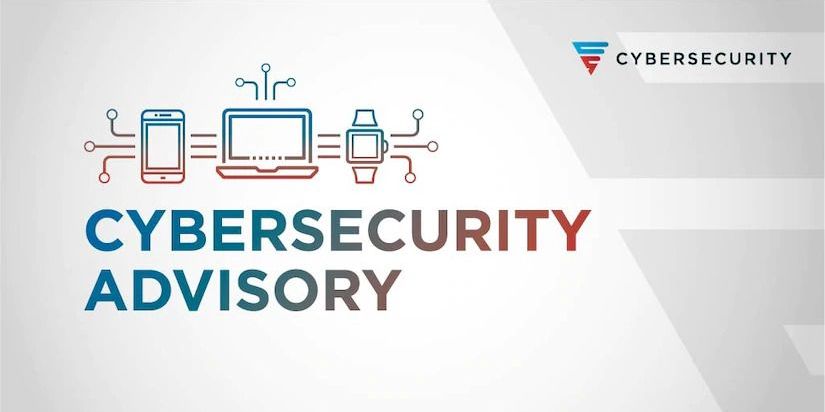
In response to ongoing cybersecurity events, the National Security Agency (NSA) released a Cybersecurity Advisory Thursday “Detecting Abuse of Authentication Mechanisms.” This advisory provides guidance to National Security System (NSS), Department of Defense (DoD), and Defense Industrial Base (DIB) network administrators to detect and mitigate against malicious cyber actors who are manipulating trust in federated authentication environments to access protected data in the cloud. It builds on the guidance shared in the cybersecurity advisory regarding VMware with state-sponsored actors exploiting CVE 2020–4006 and forging credentials to access protected files, though other nation states and cyber criminals may use this tactic, technique, and procedure (TTP) as well.
Detecting abuse of authentication mechanisms infographic.

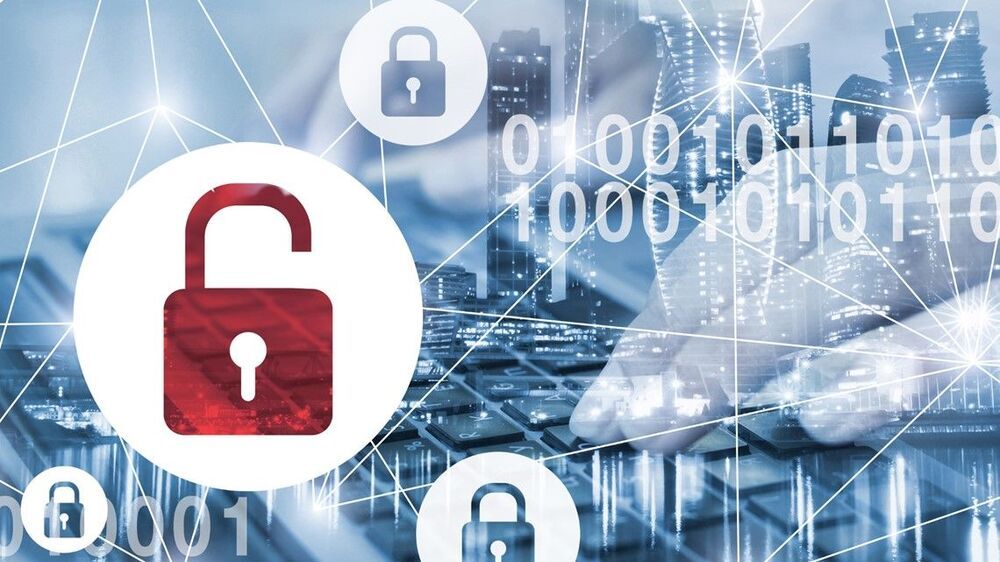
According to a report from the Intercept, “state-sponsored hackers believed to be from Russia have breached the city network.” City officials told KVUE they are aware of the hacking group but cannot comment on an ongoing investigation.
The breach is believed to have started in October as part of a series of hacks allegedly carried out by the group Berserk Bear, as reportedly revealed by Microsoft Threat Intelligence Center documents obtained by the Intercept.
According to an October CISA alert, a Russian state-sponsored actor was targeting federal, state, territorial and tribal government networks and aviation networks. CISA urged entities to perform a full password reset and systematically rebuild the network. A statement following the alert named Berserk Bear as the actor, with Texas included in a map of compromised targets.
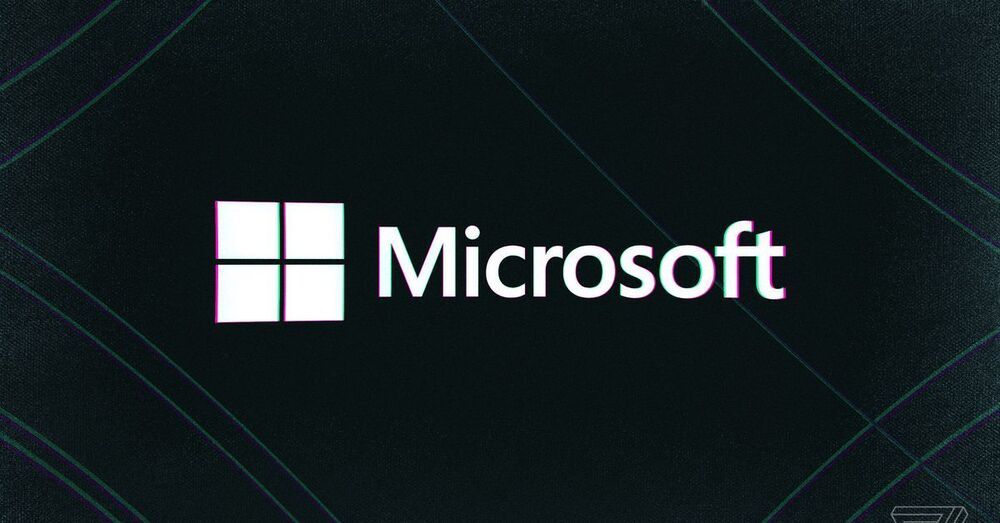
Microsoft wants you to know this hack is even bigger than you think.
Microsoft president Brad Smith warned that the wide-ranging hack of the SolarWinds’ Orion IT software is “ongoing,” and that investigations reveal “an attack that is remarkable for its scope, sophistication and impact.” The breach targeted several US government agencies and is believed to have been carried out by Russian nation-state hackers.
Smith characterized the hack as “a moment of reckoning” and laid out in no uncertain terms just how large and how dangerous Microsoft believes the hack to be. It “represents an act of recklessness that created a serious technological vulnerability for the United States and the world,” Smith argues.
He believes that it “is not just an attack on specific targets, but on the trust and reliability of the world’s critical infrastructure in order to advance one nation’s intelligence agency.” Though the post stops short of explicitly accusing Russia, the implication is very clear. “The weeks ahead will provide mounting and we believe indisputable evidence about the source of these recent attacks,” according to Smith.


As the U.S. government works to contain a sprawling hacking campaign that relies on software in technology from SolarWinds, a federal contractor, technology firms are disabling some of the hackers’ key infrastructure.
Cybersecurity giant FireEye on Wednesday said that it had worked with Microsoft and the domain registrar GoDaddy to take over one of the domains that attackers had used to send malicious code to victim machines. The move is no panacea for stopping the suspected state-sponsored hacking campaign, though it could help stem the tide of victims, which reportedly includes the departments of Treasury and Homeland Security.
The seized domain, known as a “killswitch,” will “affect new and previous” infections of the malicious code coming from that particular domain, FireEye said in a statement that was first reported by independent journalist Brian Krebs. “Depending on the IP address returned when the malware resolves avsvmcloud[.]com, under certain conditions, the malware would terminate itself and prevent further execution.”
